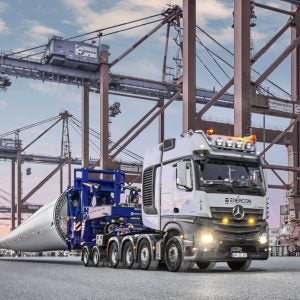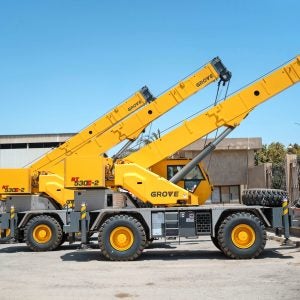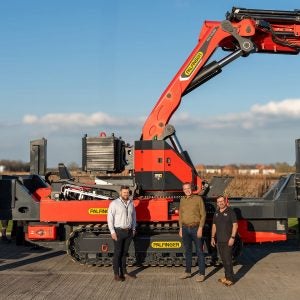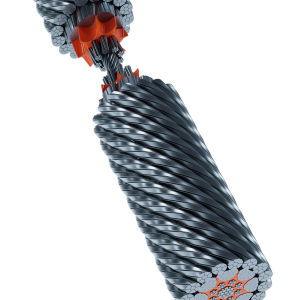We also asked experts around the world for their view on this issue. This month we ask be asking how your rental rates compare with five years ago.
Roel Jacques human resources manager, Michielsens: Belgium.
A crane rental company is driven by its safety policy. An important aspect of this is communication: between operators and foremen, employers and employees, clients and suppliers. Language is communication, and communication is essential in every job that requires teamwork, which crane work does. Of paramount importance is the understanding of the job description, the safety regulations, and the wishes of the client. The knowledge of the local language is a conditio sine qua non in all our job interviews with possible crane operators. Belgium is a country with three official languages (Dutch, French and German) and therefore a language barrier or being multilingual is part of our culture. This is not an item that is linked to Eastern Europeans, but to the dynamics of the EU, where people can easily apply for jobs in other countries.
Ian Fisher director, Ainscough Training Services: UK.
Operating mobile cranes is a worldwide occupation, which requires a high degree of skill, safety consciousness and, most of all, competence, irrespective of which country the cranes are being operated in.
All lifting operations rely on accurate, unambiguous communication between the personnel who make up the lifting team. Verbal communication is probably the most important. The role of the crane supervisor is to communicate the details of the method statement and risk assessment to the lifting team and confirm that it has been understood by everyone. This is at best difficult and at worst impossible if there is a significant language barrier between the various personnel. Whilst speaking a different language to that of a work colleague doesn’t compromise competence it may be a barrier to working safely if instruction are misunderstood or misinterpreted. Safety cannot be communicated if we can’t communicate safely.
Chip Pocock safety and risk manager, Buckner Steel Erection: USA.
During the current rule making negotiations for the draft OSHA crane and derrick standard, this was brought up by a number of groups working in the south west of the US, who have Spanish-speaking crane operators.
I don’t have a problem with crane operators who don’t speak the local language, so long as there is a clear system of communication between operator and signal person, and the operator can understand the crane’s manual, load chart and any other material needed for the safe operation of the equipment.
We’ve had issues where English-speaking crane operators have been working with Spanish-speaking construction workers, and the workers have not been able to communicate clearly with the operator.
In the new OSHA standard, there will be standards for training for communications with crane operators. So, you will need to undergo training and receive a card, showing you can use hand signals, or radio, or some other communications method, before you are allowed to signal to operators.






